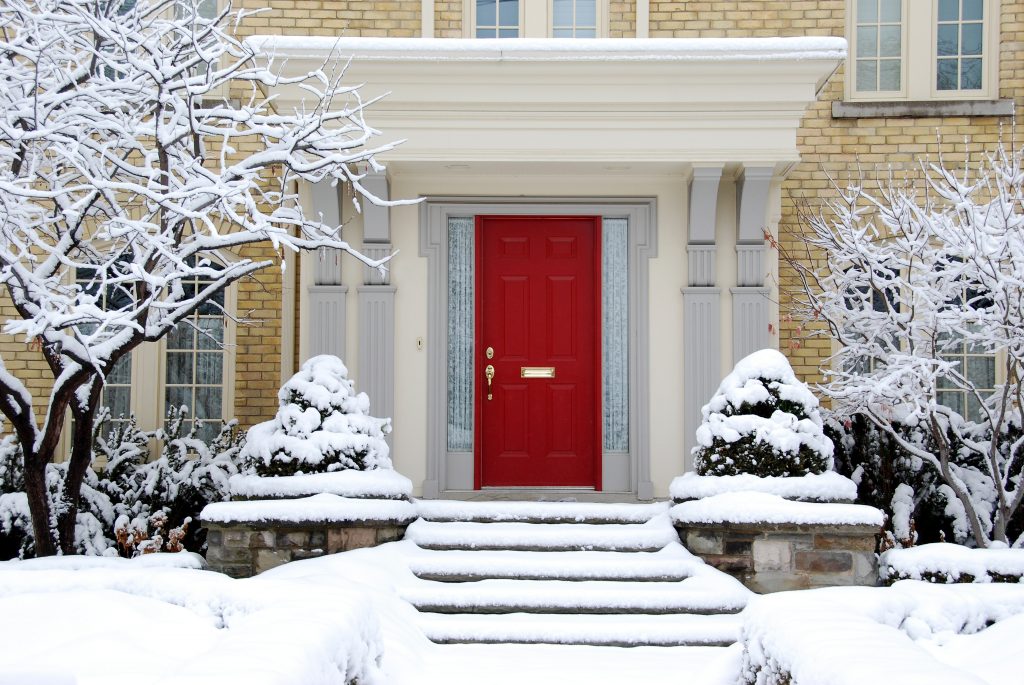
2) Should you go to use your sink or shower and no water come out, it is likely that you have a frozen pipe along that water supply line. If this happens to you, it’s best to leave the sink or shower faucet in the on position in order to alleviate pressure from the pipes. Once you have done this, you will need to track the water supply pipe and figure out a way to heat it up in order to speed up the thawing of the pipe.
3) Make sure you move as much snow away from your homes foundation and basement windows and below grade doors. This includes at the back and sides of your home. When the times comes for the snow to melt, you don’t want the water to end up in your basement.
4) Make sure any exterior drains in front of basement entrances are cleared from snow and ice. If you neglect to do this, you could possibly find water making its way into your basement. As a preventative tip, in the fall, you should hire a plumber to visit your home in order to snake the drain in order to ensure that there aren’t any blockages.
5) If you have a sump pump, make sure it is working properly before the snow melts so you can have any necessary service completed prior to the snow melting. You should ideally inspect your sump pump and test it before the winter and again before the spring thaw to ensure it is working properly.
6) Make sure that snow or ice doesn’t cover any of your intake or exhaust pipes for your furnace. If these pipes get blocked it could be a deadly health hazard to you and your family. This is another reason why it is important to have carbon monoxide detectors in your home and to ensure that the batteries are changed on a regular basis.
7) Make sure you continue to clean the snow off your car throughout the snowstorm to ensure that you are ready to leave promptly in case of an emergency.
8) As per the Canadian Red Cross recommendations, it is important to not overexert yourself when shovelling snow. If there is a lot of snow, take breaks instead of trying to do it all at once. This will help protect your heart, your back and body in general.
9) If you know you will be getting a lot of snowfall, visit your local gas station to pick up a can of gas for your snowblower or generator before the roads get bad.
10) If you don’t have a snowblower and only have shovels, make sure you keep your shovels in an accessible area that won’t be blocked by snow should you get a heavy downfall over-night.



